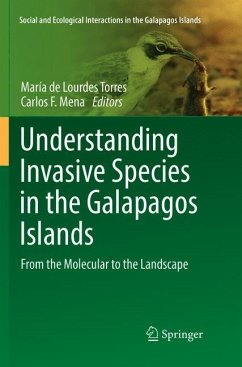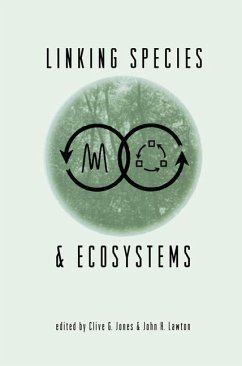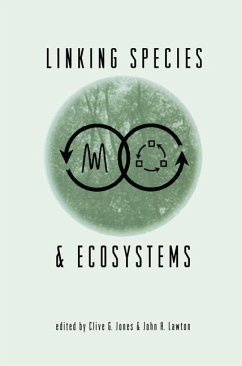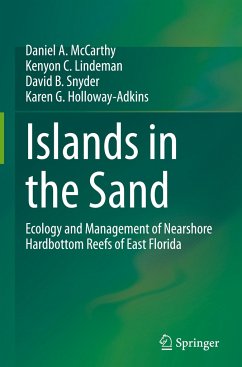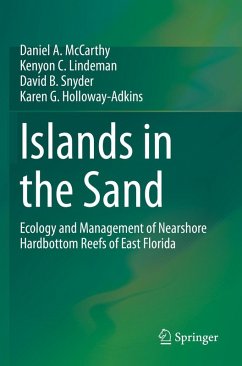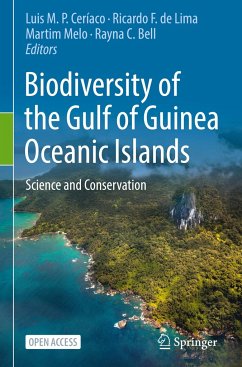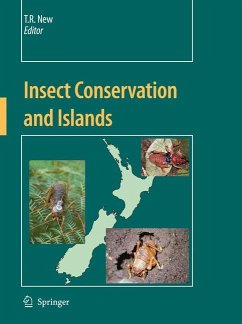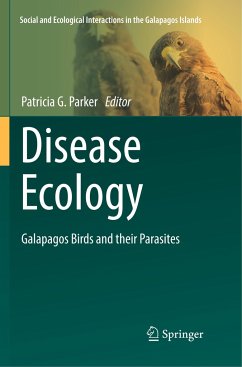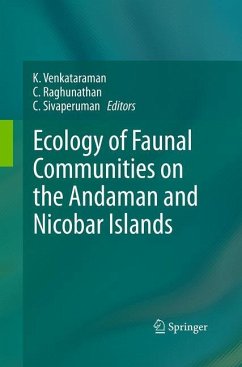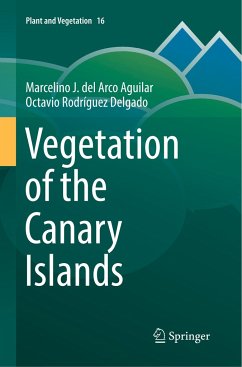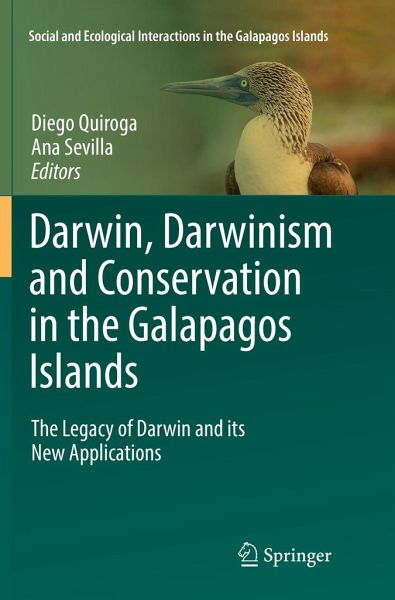
Darwin, Darwinism and Conservation in the Galapagos Islands
The Legacy of Darwin and its New Applications
Herausgegeben: Quiroga, Diego; Sevilla, Ana
Versandkostenfrei!
Versandfertig in 6-10 Tagen
91,99 €
inkl. MwSt.

PAYBACK Punkte
46 °P sammeln!
The book explores how Darwin´s legendary and mythologized visit to the Galapagos affected the socioecosystems of the Islands, as well as the cultural and intellectual traditions of Ecuador and Latin America. It highlights in what way the connection between Darwin and the Galapagos has had real, enduring and paradoxical effects in the Archipelago. This Twenty Century construct of the Galapagos as the cradle of Darwin's theory and insights triggered not only the definition of the Galapagos as a living natural laboratory but also the production of a series of conservation practices and the resha...
The book explores how Darwin´s legendary and mythologized visit to the Galapagos affected the socioecosystems of the Islands, as well as the cultural and intellectual traditions of Ecuador and Latin America. It highlights in what way the connection between Darwin and the Galapagos has had real, enduring and paradoxical effects in the Archipelago. This Twenty Century construct of the Galapagos as the cradle of Darwin's theory and insights triggered not only the definition of the Galapagos as a living natural laboratory but also the production of a series of conservation practices and the reshaping of the Galapagos as a tourism destination with an increasingly important flow of tourists that potentially threaten its fragile ecosystems. The book argues that the idea of a Darwinian living laboratory has been limited by the success of the very same constructs that promote its conservation. It suggests critical interpretations of this paradox by questioning many of the dichotomies thathavebeen created to understand nature and its conservation. We also explore some possible ways in which Darwin's ideas can be used to better understand the social and natural threats facing the Islands and to develop sustainable and successful management practices.





